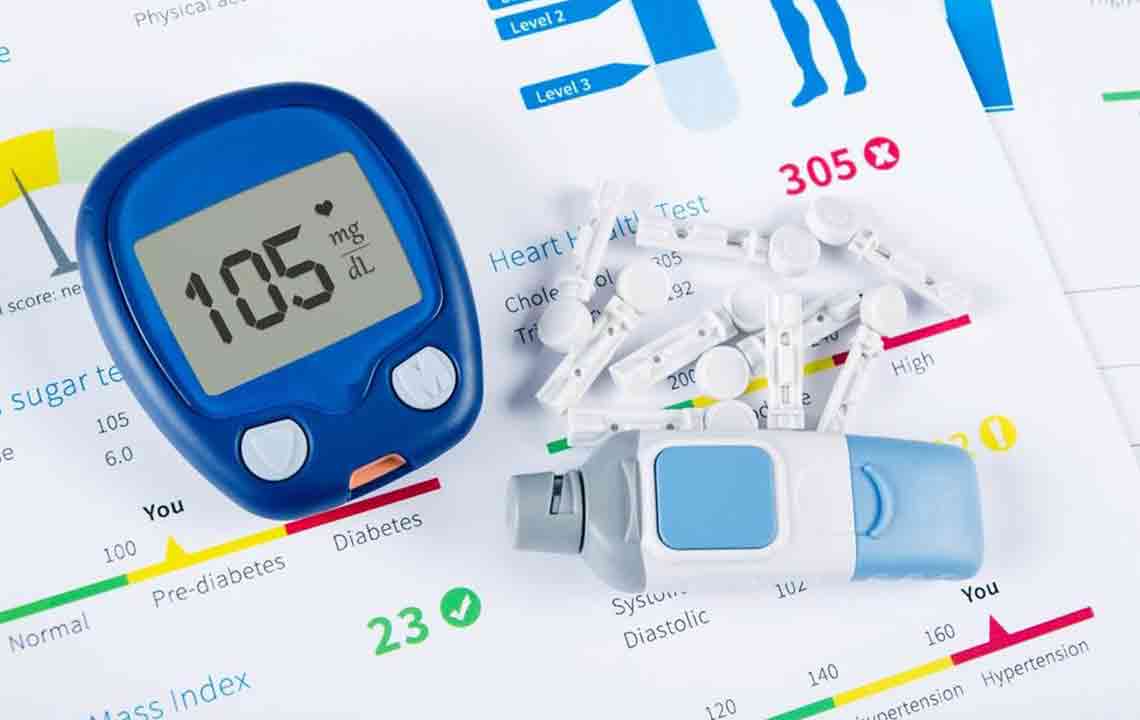A Complete Guide to Insulin Types and Their Roles in Diabetes Management
Discover comprehensive insights into insulin types and their crucial roles in managing diabetes. Learn how different insulin formulations work, their administration timings, and the importance of proper treatment. This guide helps patients understand their options for effective blood sugar control and diabetes management.

A Complete Guide to Insulin Types and Their Roles in Diabetes Management
Insulin is a vital hormone naturally produced by the pancreas in healthy individuals. It enables the body to absorb glucose from the carbohydrates consumed, providing energy for bodily functions.
Proper cell function depends on adequate sugar levels, but glucose needs assistance to enter cells. Insulin acts as the key that facilitates this process. After eating, blood sugar rises, prompting insulin release to help absorb excess glucose, maintaining balance in the bloodstream.
Besides controlling blood sugar, insulin transports excess glucose to the liver for storage and releases it as needed, keeping blood sugar levels stable. Insufficient insulin production from the pancreas can lead to high blood sugar, increasing the risk of diabetes.
Diabetes manifests mainly as Type 1, where the pancreas cannot produce insulin, and Type 2, where the body becomes resistant to insulin. Treatment may involve synthetic insulin, especially for Type 1, which requires continuous doses to prevent complications.
Different insulin types are used in therapy:
Rapid-acting insulin – Used around mealtime to control quick blood sugar spikes; works within 15 minutes and often paired with long-acting insulin.
Long-acting insulin – Provides steady insulin levels over 24 hours, injected once daily.
Short-acting insulin – Usually administered after meals, effective for 3-6 hours, often combined with long-acting insulin.
Intermediate-acting insulin – Administered at night, lasting up to 12 hours, used with other insulin types.
Your healthcare provider will advise on the best insulin regimen based on individual needs.
Note:
The information shared here aims to educate and inform. It is not a substitute for professional medical advice. Always consult your healthcare provider for personalized treatment options. The website may not cover all available products or schemes, so seek detailed guidance from your doctor.










